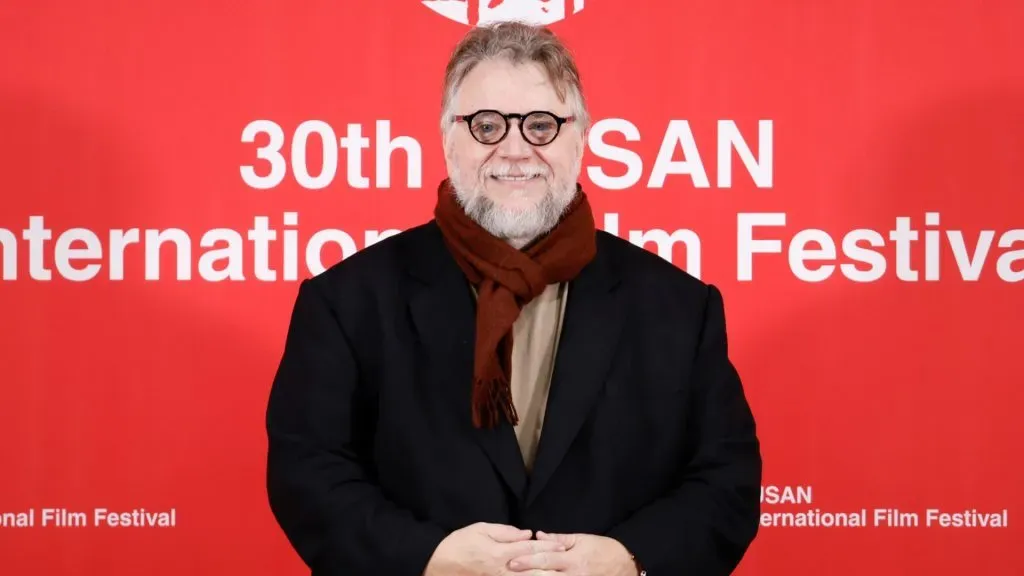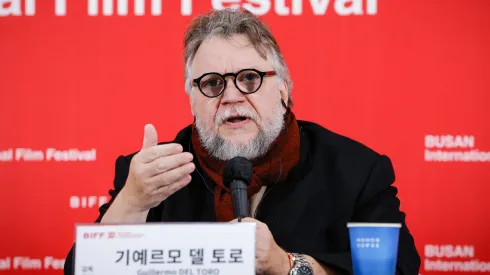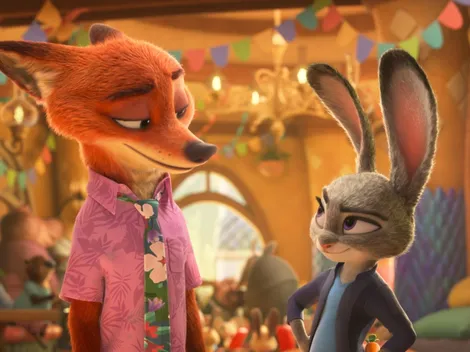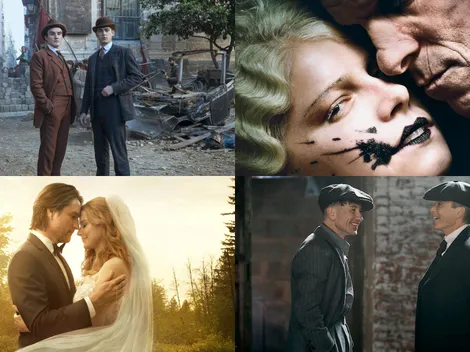Guillermo del Toro has never been shy about chasing the impossible. From his earliest creature sketches as a boy in Guadalajara to the Oscar-winning triumphs of “Pan’s Labyrinth” and “The Shape of Water,” he has built entire worlds out of myth, melancholy, and meticulous craftsmanship. For decades, one story remained an untouchable dream: Mary Shelley’s “Frankenstein,” a tale he calls the summit of everything he’s ever loved about monsters and humanity alike.
Now, after years of near-starts and quiet preparation, that dream has finally taken shape on the grandest scale yet. With an ensemble of celebrated actors and a sweeping gothic vision, del Toro’s latest film reaches beyond horror into something hauntingly lyrical—and his journey to bring it to life began with unexpected inspiration that stretches far beyond classic literature.
“They Bring the Chaos”: del Toro on Korean Influences Behind His Monster Epic
According to what The Hollywood Reporter gathered from the director’s press conference at the Busan International Film Festival, Guillermo del Toro’s enthusiasm for Korean cinema spilled out in vivid detail.

Source: Woohae Cho/Getty Images
He singled out two of the country’s most celebrated filmmakers, Park Chan-wook and Bong Joon-ho, as artists who constantly challenge and inspire him. “They bring the chaos, the ridiculous, the sublime, the poetic, and the horrible all in the same room,” del Toro said, adding that Bong’s “Memories of Murder” remains one of his personal touchstones.
Del Toro explained that the connection goes beyond admiration. He sees deep parallels between Mexico and Korea: cultures shaped by repression and history, yet drawn to storytelling that embraces disorder and contradiction. “The more you become familiar with Korean cinema, the more you feel the instinct, the manner, the culture,” he reflected. “They make films unique to the way they do it. Every time I want to feel a little more alive, I watch a Korean movie.”
This fascination isn’t merely academic. Del Toro suggested that the fearless mix of tones, where tragedy and absurdity can share the same breath, has seeped into his own creative process. He described Korean filmmakers as masters of emotional and aesthetic whiplash, a quality he believes Western audiences are only beginning to fully appreciate.
That influence has found its way into his long-awaited adaptation of “Frankenstein,” shaping the picture’s rhythm and its refusal to separate beauty from brutality. While he spoke sparingly about plot specifics, the director made clear that the spirit of Korean cinema helped guide his vision for a story that is as much about the contradictions of humanity as it is about a monster brought to life.





